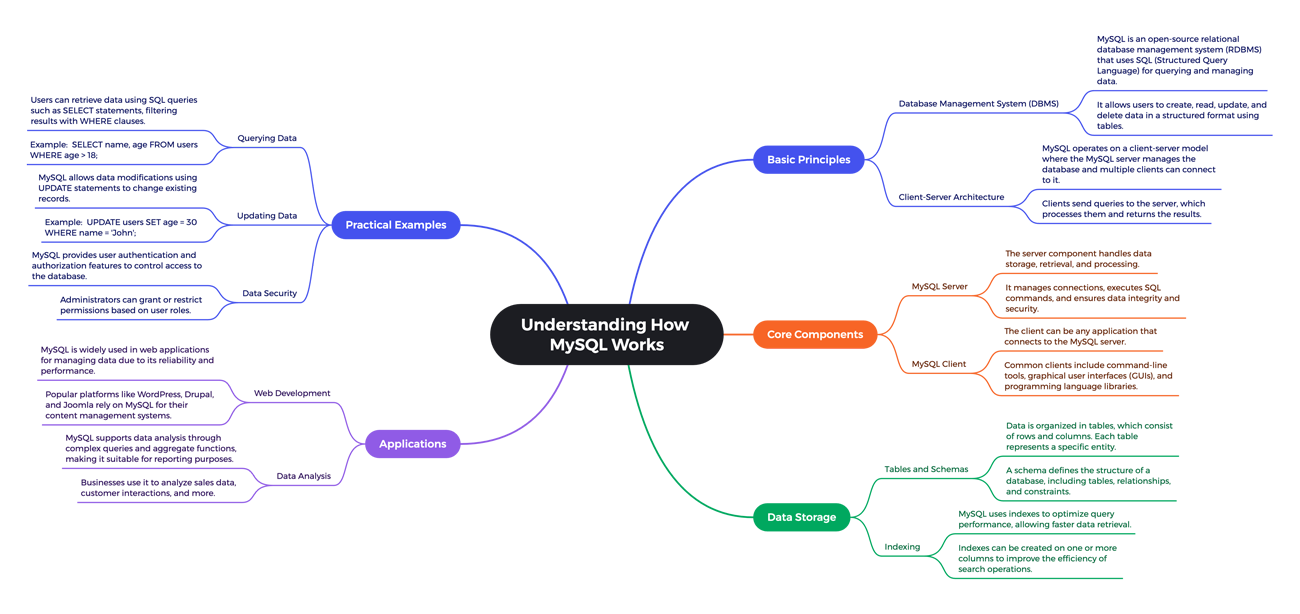MySQL : A powerfull Open Source Solution dor Database Management
Introduction
Today, MySQL is one of the best open-source software solutions for managing relational databases. Used by millions of businesses and developers, it offers a robust alternative to commercial solutions. In this article, we will explore its features, benefits, and compare it to other similar tools.
Problems MySQL Solves
Businesses often seek open-source software to manage their databases, avoid high costs, and ensure better IT security. MySQL provides a reliable open-source solution for storing and managing large amounts of data.
Key Features of MySQL
- Performance : Optimized for speed and stability.
- Security: Supports encryption and advanced authentication systems.
- Scalability: Compatible with many programming languages.
- Flexibility: Available on various software platforms for businesses and individuals.

Installation and Configuration
- Download the version from the official open-source platform.
- Follow the installation instructions on your server.
- Follow the installation instructions on your server.
Use Cases
- Database management for websites.
- Storage of analytical data.
- Use in large-scale applications.
Comparison with Other Tools
| Feature | MySQL | PostgreSQL | SQLite |
|---|---|---|---|
| Open Source | ✅ | ✅ | ✅ |
| Scalability | ✅ | ✅ | ❌ |
| Performance | ✅ | ✅ | ✅ |
Advantages and Disadvantages
| Advantages | Disadvantages |
| ✅ Free and Open Source | ❌ Learning curve |
| ✅ Hight performance | ❌ Limited commercial support |
| ✅ Large open source community | ❌ Advanced features are paid |
Conclusion
MySQL is an ideal open-source program for businesses and developers seeking a high-performance open-source solution. Its easy integration and active open-source community make it a preferred choice for database management.


